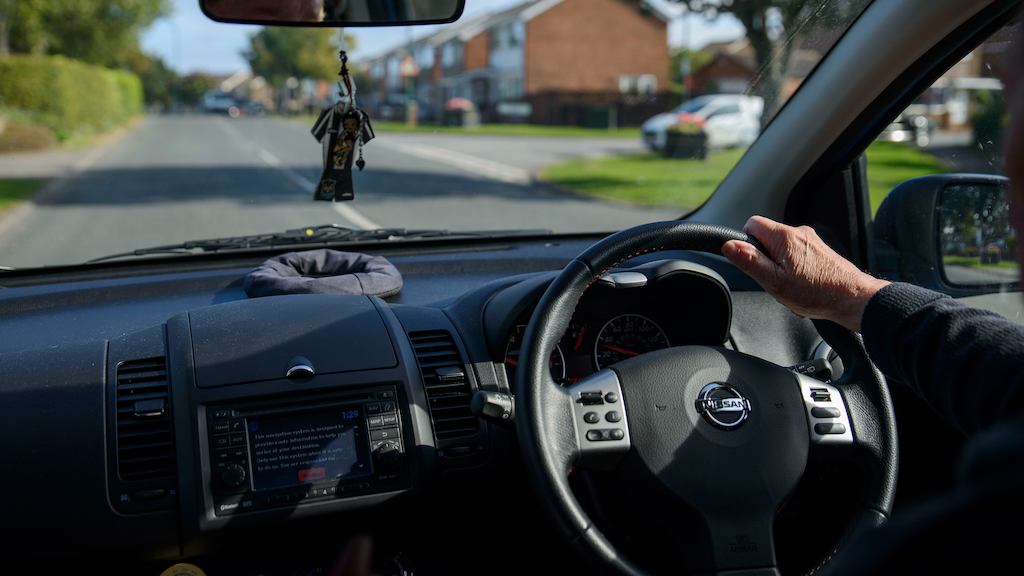Following the publication of our Future of Mobility report earlier this year, I spoke at the Centre for Ageing Better about the future of ageing and mobility, combining insights from the recent report with our earlier work on population ageing. You can watch the debate here to see how we explored the world of ageing better and the world of ageing badly.
The debate really made me think about how my travel and transport options will change when I’m older. Today I have many options, from active choices such as walking or cycling, to the option of sharing a ride. For me these choices have relatively few restrictions. But of course, different stages of life impact on your future travel choices. For example, the arrival of a new baby might make ease of transport a priority, where an older person might generally put more value on comfort and personal safety.
As we’ve explored in previous blogs, new and emerging modes of transport have always shaped our lives. Travel has shaped our aspirations in the past; as the motor car did throughout the 20th century, and travel influences our decisions about where we live and work; as the railway towns across the UK in the 21st century demonstrate.
But while technology is changing rapidly, people might not. And the infrastructure technologies rely upon often can’t change quickly enough. Most of the Britain in which I hope to grow old has already been built. So how might changes in mobility influence the future of ageing?
The honest answer is we’ll have to wait to find out. The future is uncertain, we have to think about different possible scenarios. I presented a utopia and a dystopia, but reality is generally a mix of good and bad. And the future isn’t sat over the horizon, waiting to be discovered. We create the future with our choices. The stories we tell ourselves about what might happen can help us make better choices.
I've considered below some of the choices I face in my own ageing future, and the choices we face together, based on the reports:
- We know social connections are important to ageing well. Where will I go to ‘grow old’ and is it somewhere I’m well connected?
- Will I use digital tools, like social media or virtual reality, to replace ‘real’ interactions with people, or to complement them?
- Will I come to rely on one mode of transport and only make changes to this when forced by a crisis? Or will I be more strategic, for example building in resilience or exercise to what I do?
- Data will underpin many new forms of transport. Will we have found a way of sharing data that we all trust?
- Autonomous vehicles could be a great option for me if I can’t drive. But how quickly will autonomous vehicles become readily available in rural areas? Will they just be for the young and rich or be truly inclusive?
First published on the Futures, Foresight and Horizon Scanning blog.

